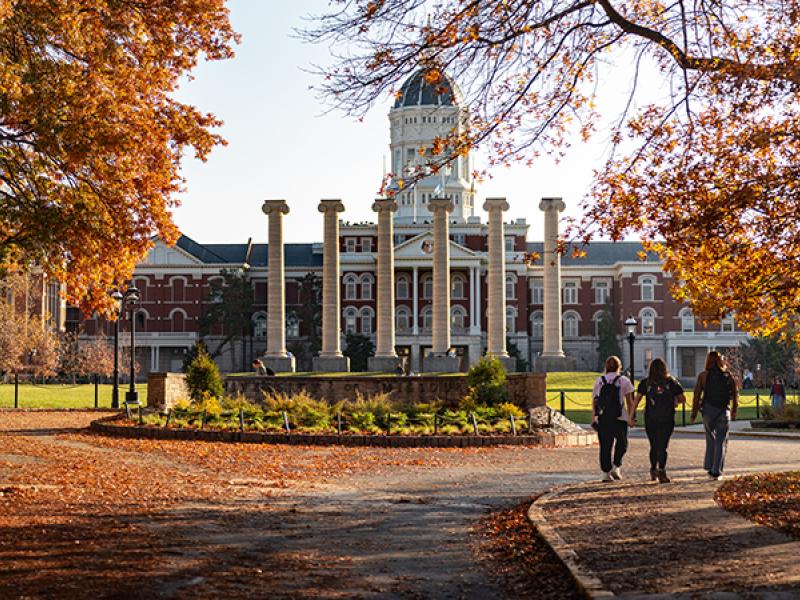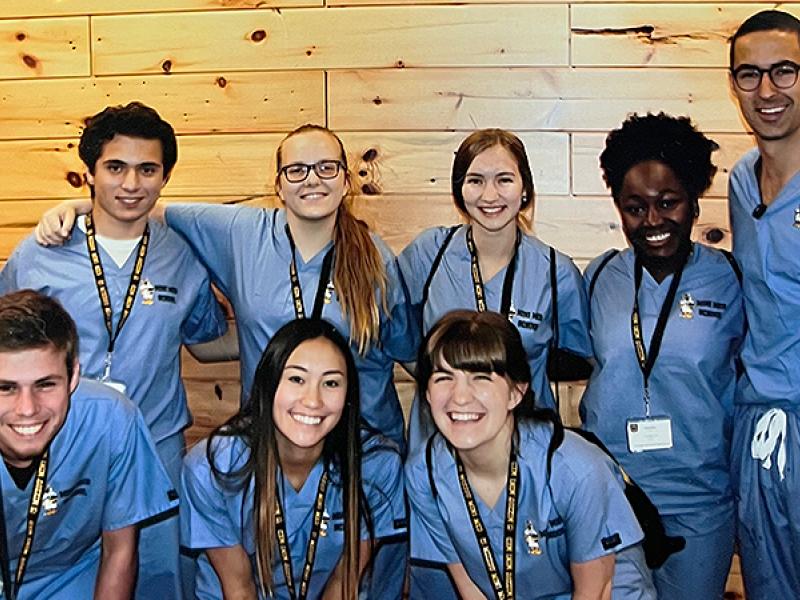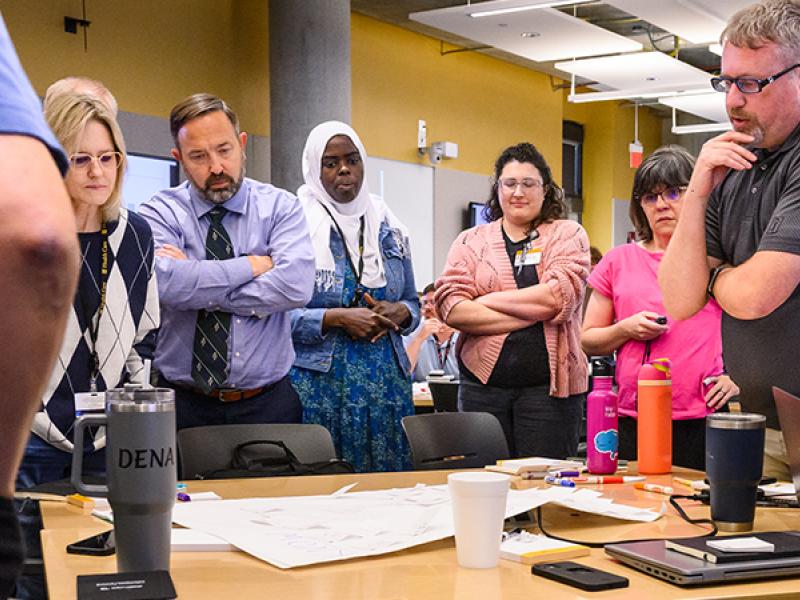
Starting this year, incoming students at the University of Missouri School of Medicine will participate in the Common Read Program to learn more about racial biases in medicine. Abdoulie Njai, a student entering his third year at the School of Medicine, came up with the idea for the program, and it was approved by MU’s Office of Medical Education.
“I have been able to work closely with our students over the past several years and they often bring forward great ideas. It was exciting several months ago when Patricia and Abdoulie brought the idea of the Common Read for our M1 Orientation to us, we thought this would be a great addition,” said Dr. Young-Walker, associate dean for student programs at the University of Missouri School of Medicine.
This year’s book is “Seeing Patients: Unconscious Bias in Health Care,” by Augustus A. White, MD, an African-American who grew up in Tennessee during the Jim Crow era and became a professor of orthopaedic surgery at Harvard Medical School.
“I’m excited the M1s will get the opportunity to come to a school that really means what they say when they commit to creating culturally competent physicians,” Njai said.
All incoming medical students will read the book and participate in small group discussions on July 28, either in-person or via videoconferencing. The book is free to students and faculty.
Njai and fellow student Patricia De Castro, the co-leader of Common Read Program, hope it fosters conversations about unconscious racial biases and how they can lead to health inequalities.
“As future physicians, we will be healers and advocates for a wide variety of patients. It isn’t enough to know the pathophysiology of a disease,” De Castro said. “We need to constantly look within ourselves, understand our biases, explore where it stems from and how it affects our treatment of patients. Common Read will be the first of many opportunities for the medical students to reflect, share experiences and discuss how cultural differences can help build a stronger health care team.”





